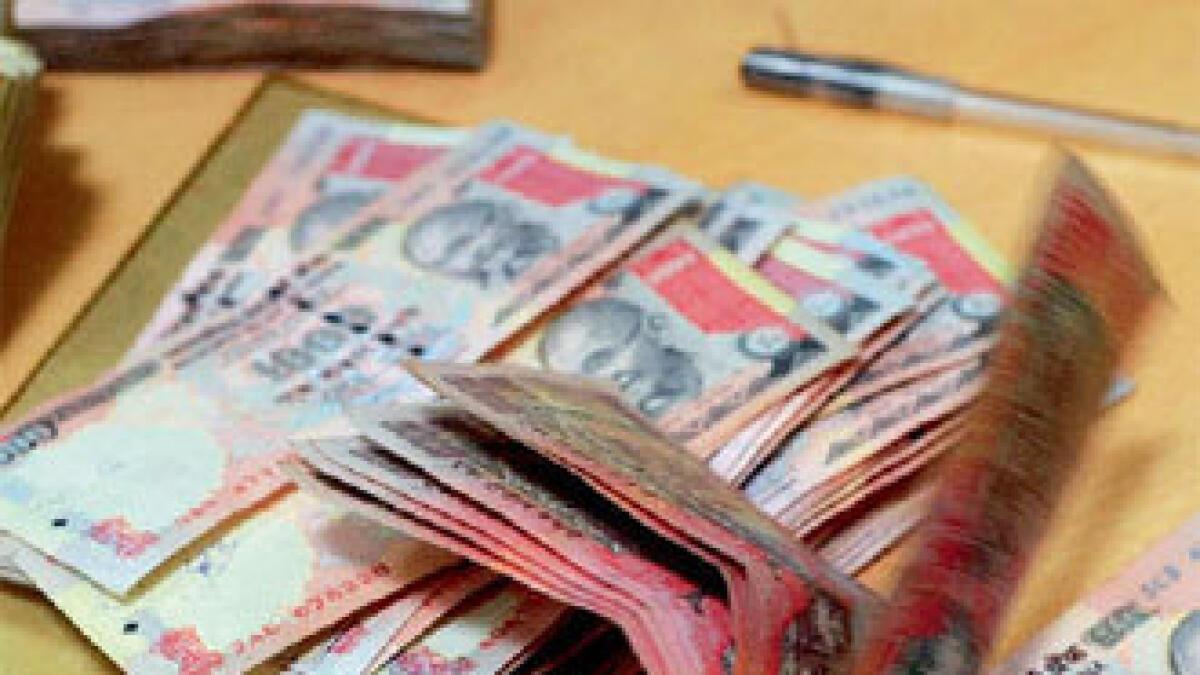
How Can I Reduce The Cost Of Remittances To India?
ANSWER: This issue has been taken note of by the Reserve Bank of India. The Governor has suggested that to take care of high costs and slow cross border payments, the solution is to use Central Bank Digital Currencies. According to him, this would make cross border payments cheaper, faster and more secure. He is of the view that using local currency for cross border payments can shield emerging economies from global shocks. Further, the adoption of the right technology platform, which is inter-operable, would bring great benefit in future to the cross border payments ecosystem. The Reserve Bank is therefore of the view that the use of local currencies for cross-border payments would protect emerging markets and developing economies against exchange rate fluctuations. In addition, this would help to develop the local foreign exchange and capital markets. This issue was also debated at the G20 meetings held recently in India where the Governor mentioned that multilateral payment platforms which support multiple currencies would offer an efficient way to promote international transactions.
Question: There are several media reports about the Indian economy growing at a faster rate than other developing countries. What is the basis for this optimistic assessment?
ANSWER: Most independent observers and international institutions are expecting the Indian economy to grow during the current financial year 2023-24 at the rate of 6.3 to 6.5 per cent. This GDP growth rate is based on the fact that public sector capital expenditure has increased dramatically. The total cost of projects sanctioned by banks and financial institutions during the financial year 2022-23 was a record high of Rs.2.67 trillion. This investment is primarily in the infrastructure sector led by power generation, clean energy projects, seaports and airports, roads and expressways. State governments are also stepping up capital expenditure in infrastructure and critical projects. Implementation of these projects in the current financial year and the year to follow will ensure that the growth rate of India of around 6.5 per cent per annum will be sustainable during the next three financial years. Further, India is emerging as a destination for global companies, which are planning to shift their supply chain ecosystem to India. The second reason for the sustained growth is that consumption expenditure in India is growing, propelled by the demand for consumer goods from the vast pool of middle class citizens estimated at around 250 million. The share of consumption expenditure currently is around 57 per cent of the GDP. The robust growth is fuelled by the increase in capital goods production, cement production and import of capital goods.
Question: I had taken a loan in India for purchase of a residential house. I have just completed repaying the loan in full with interest thereon. I have been following up with the bank from whom I took the loan to return my property documents. The response from them is rather vague. Is there a regulation for ensuring that these documents are returned?
ANSWER: In order to protect the interest of borrowers like you who have repaid the full amount of the loan, the Reserve Bank of India has framed rules whereby banks and financial institutions are required to return the property documents within one month of the loan being repaid. Failure to do so will make the banks or institutions liable to pay compensation to the erstwhile borrower at the rate of Rs5,000 per day. In view of this direction, which is to come into force from December 1, 2023, banks are taking adequate steps to ensure that the documents are released within one month as most of the banks keep their records at a centralised processing centre, which may be far from the branch which granted the loan. If there has been any loss or damage to the original property documents, banks have been asked to assist the borrower in obtaining duplicate or certified copies of the original documents and bear the costs of the same.
H. P. Ranina is a practising lawyer, specialising in tax and exchange management laws of India.

Legal Disclaimer:
MENAFN provides the
information “as is” without warranty of any kind. We do not accept
any responsibility or liability for the accuracy, content, images,
videos, licenses, completeness, legality, or reliability of the information
contained in this article. If you have any complaints or copyright
issues related to this article, kindly contact the provider above.


















Comments
No comment